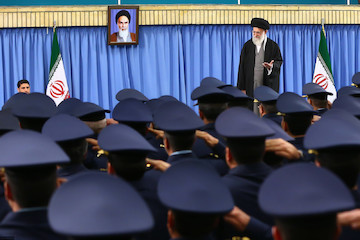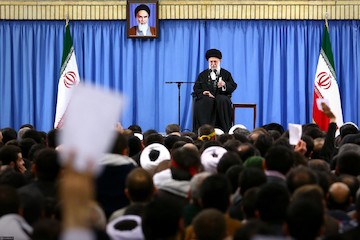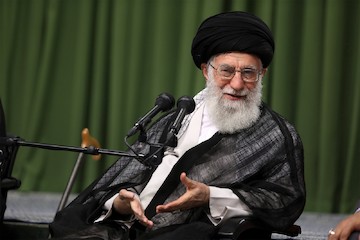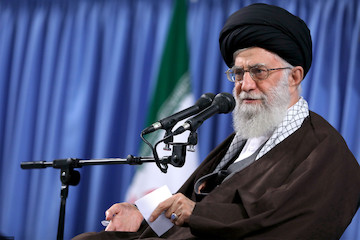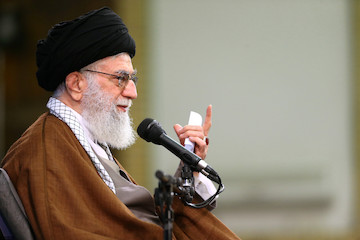Jeremy R. Hammond is an award-winning independent political analyst, author, and founding editor and publisher of Foreign Policy Journal. In 2009, Mr. Hammond received a Project Censored Award for Outstanding Investigative Journalism for coverage of the US’s support for Israel’s 22-day full-scale military assault on the Gaza Strip, “Operation Cast Lead” (Dec. 27, 2008 – Jan. 18, 2009). His Project Censored story number nine, “US Arms Used for War Crimes in Gaza“ was featured in the book, Censored 2010: The Top 25 Censored Stories of 2008-09 (Seven Stories Press, 2009). Jeremy R. Hammond has published two books, The Rejection of Palestinian Self-Determination: The Struggle for Palestine and the Roots of the Israeli-Arab Conflict (2009) and Ron Paul vs. Paul Krugman: Austrian vs. Keynesian Economics in the Financial Crisis. In an interview with Khamenei.ir, Mr. Hammond answers to questions about US-Saudi ties, Iran, Syrian crisis and more. The following is the full text of the interview:
What does history teach us about dealing with the United States?
By “us”, I assume you mean Iranians, in which case there are obvious lessons in the US’s role in overthrowing Prime Minister Mohammed Mossadegh in 1953, installation and sustainment of the Shah regime, support for Iraq’s war on Iran in the 1980s, the US shooting down of a civilian Iranian airliner in 1988, its efforts to isolate Iran for its nuclear program despite it being under IAEA safeguards and despite the US’s own intelligence having assessed that Iran has no nuclear weapons program, and its efforts to collectively punish the civilian population of Iran (i.e., “sanctions” targeting Iran’s economy).
The general lesson form the history of US policy toward Iran is that the US regards Iran as a rogue state because it refuses to follow marching orders from Washington, D.C. US policy centers around sustaining pretexts for punishing both the government and the people of Iran for disobedience.
Does challenging US has a lower price than appeasing it? What does the Saudi arms deal with the US prove?
The answer to the first question depends on how much one values Iran remaining independent of Washington, as well as what it means to “challenge” or “appease” the US. If challenging the US means refusing to follow orders from Washington because it would not be in the best interests of the Iranian people, then I think the cost of appeasing the US is far higher. But that’s ultimately a subjective valuation the people of Iran themselves need to make.
Why does US broadens ties with Saudi dictatorship but ignores huge turnout in Iran’s election?
My rough assessment on that is that the Trump administration places great value on sustaining US dollar hegemony. The Saudis have long played a role in that with its trading of oil in US dollars and its recycling of those petrodollars back into the US economy, such as through arms purchases. This concern about sustaining US dollar hegemony trumps all else (no pun intended).
As for Iran’s election, I don’t think it is a matter of the US not paying attention. Rather, the expected result occurred and since the status quo is thus sustained, it doesn’t pop up on Washington’s radar as a priority issue to focus on.
In your opinion, why is the Saudi regime making desperate moves, escalating tensions in Syria, Yemen, and Bahrain?
The Saudi regime seems paranoid that Iran’s influence poses a threat to its existence and is lashing out wherever it perceives policies or circumstances to be aligned the wrong way. We can of course now add Qatar to this list, even though Qatar has been Saudi Arabia’s (and the CIA’s) partner in arming extremist groups in Syria.
Saudi Arabia is essentially engaging in the very kinds of behaviors the US accuses Iran of doing or aspiring to do, only instead of censuring the Saudi regime for its war crimes, support for terrorism, and human rights abuses at home, the US provides the regime with the means to commit those crimes.
Its actions illustrate how isolated and vulnerable the Saudi regime is fundamentally, but it does have a powerful benefactor.

